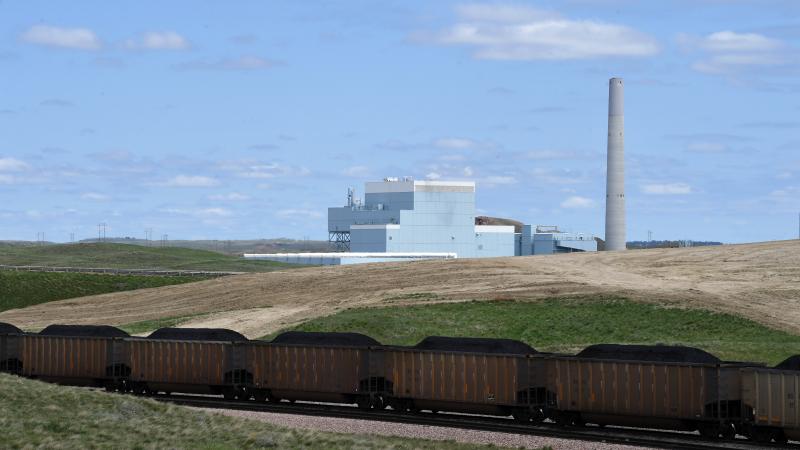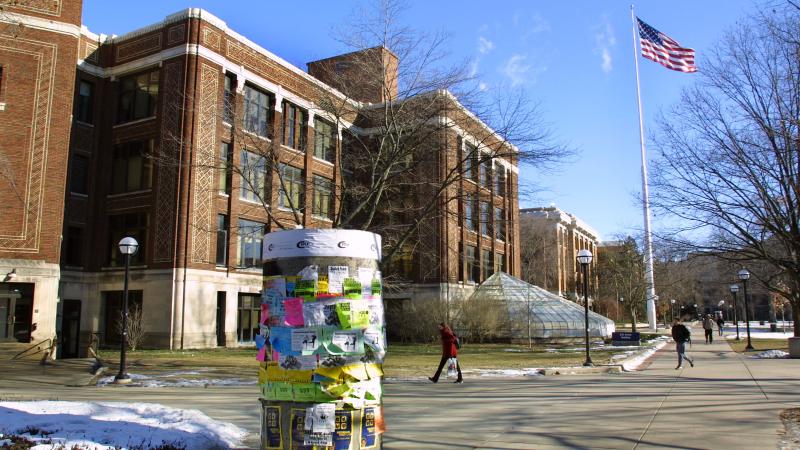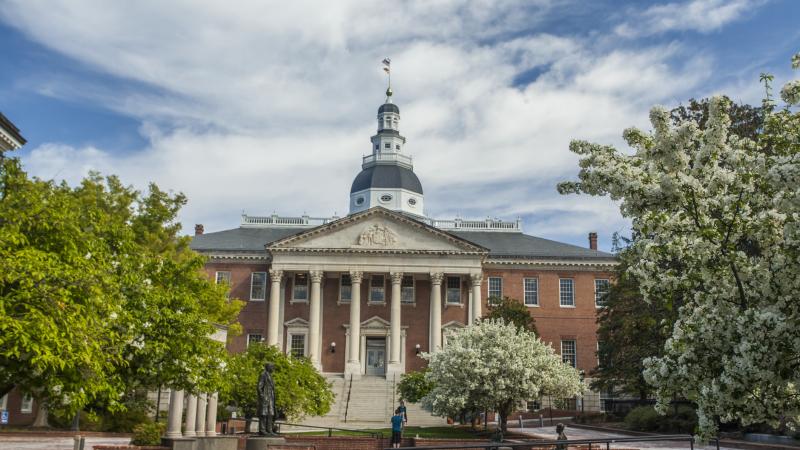Biden administration slammed over its proposed fuel efficiency standards: may ban gas-powered cars
Public comments submitted to the NHTSA warn that combined with other proposed rules, the new fuel efficiency standards will have the effect of banning gas-powered cars. Other arguments against the proposed rules include concerns about increased reliance on electric vehicles placing a burdensome demand on the national electric grid.
A deluge of comments were dropped on the Biden administration concerning its proposed fuel economy standards, many of them saying that the rules exceed statutory authority, won’t save consumers money, will hurt the automotive industry, and could impact national security.
By the time the comment period closed this fall, the National Highway Traffic Safety Administration (NHTSA) had received more than 62,900 comments on its proposed Corporate Average Fuel Economy (CAFE) standards.
The proposed standards, which were announced in July, require achieving an average of approximately 58 miles per gallon for passenger cars and light duty pickup trucks by 2032, with even higher incremental standards after that. Heavy-duty pickup trucks and vans would need to meet a 10% fuel efficiency gain every year beginning in 2030.
The NHTSA claimed in its announcement that the standards would combat climate change, while saving consumers money at the pump. In the rules themselves, however, the administration contradicted that claim.
Michael Buschbacher and James Conde, with the law firm of Boyden Gray PLLC, read through the rules and found deep within the Federal Register that the NHTSA states that the proposed rules that “net benefits for passenger cars remain negative across alternatives.” Mr. Buschbacher previously served at the U.S. Department of Justice as counsel to the Assistant Attorney General for the Environment and Natural Resources Division.
“In plain English, this means that mandating ever-more-stringent fuel economy for passenger cars will harm society,” the authors wrote in an August op-ed in the Wall Street Journal. The authors also noted that the NHTSA’s calculations on emissions reductions, were the rules to be implemented, are negligible.
Will Hupman, vice president of downstream policy for American Petroleum Institute (API), one of the nation’s largest fossil fuel industry trade groups, said in a statement that the proposed standards, along with EPA’s proposed tailpipe emissions standards, would have the effect of a de facto ban on gas- and diesel-powered cars and trucks.
“NHTSA’s proposal is yet another attempt by the Biden administration to restrict Americans’ freedom to decide what vehicle fits their needs and budget,” Hupman said. The statement continued to explain that "API members work to advance the development, transmission, and use of lower carbon intensity and lower criteria pollutant fuels and technologies to provide choices for consumers," and that "API supports technology-neutral federal policies to reduce greenhouse gas emissions in the transportation sector", but not in the way the NHTSA proposes.
Many of the comments submitted were supportive of the proposed rules.
Consumer Reports, a consumer advocacy nonprofit, said in its submitted comments that the rules should be stronger. Citing a 2022 survey showing that 70% of Americans say fuel economy is “very important” or “extremely important,” and an analysis showing that previous standards delivered savings for consumers, the group argued that federal fuel efficiency standards provide a net benefit.
In its comments, Ford Motor Company explained that the company has never paid civil penalties for violating CAFE standards, which were first passed in 1975. CAFE standards regulate how far vehicles must travel on a gallon of fuel. Under the proposed standards, the company would likely pay $1 billion in penalties if the rules are finalized.
“This is alarming in and of itself, and threatens substantial economic hardship for Ford. Further, this is without precedent; in the entire history of the CAFE program, the sum total of all civil penalties paid for light-duty fleets is less than $1.5 billion,” Ford stated in its comments.
The Institute For Energy Research was one of many groups arguing that the proposed rules also violate statutory limitations on the NHTSA's reach to regulate the fuel economy of electric vehicles, which the administration admitted in their explanation of the proposed rules.
“This admission should be the end of the discussion of this proposed rule. NHTSA is prohibited from considering electric vehicles in the setting of CAFE standards,” Kenny Stein, IER manager of policy and communications, said in a statement about the CAFE standards.
The Renewable Fuels Association, the National Corn Growers Association and the National Farmer's Union filed a joint comment saying that "The proposed rules, however, do reach electric vehicles in setting fuel economy standards. NHTSA’s proposal and supporting documentation fail to analyze and consider the national energy security vulnerabilities of dramatically increased demand for critical minerals due to the increased vehicle electrification NHTSA assumes will be used to meet its standards."
Fox News reports that a coalition of 26 states, led by West Virginia Attorney General Patrick Morrisey, wrote a letter opposing the NHTSA’s rules, arguing that the increased reliance on electric vehicles would overwhelm the electricity grid. The manufacturing increase needed to meet the standards, the coalition said, lacks a reliable supply chain to make it feasible. Therefore, the attorneys general argued, the rules pose a national security risk.
















